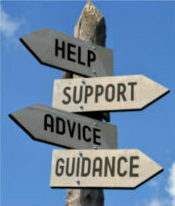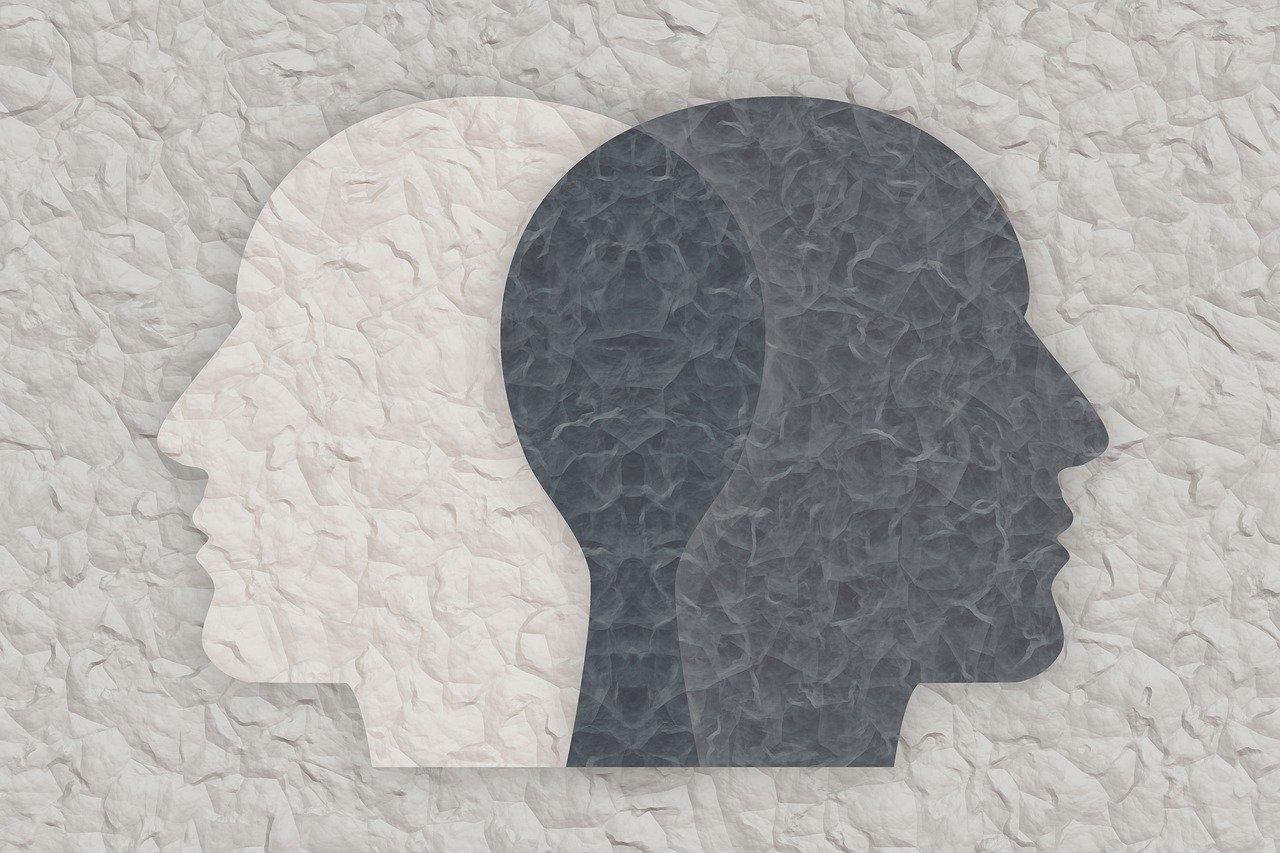Why You Are Charged More For Medical Expenses If You Are Uninsured
July 01, 2025 by addrcHarold Robert Meyer and The ADD Resource Center Why are people without medical insurance or those not financially secure charged more for covered services than insurance companies, which are making millions of dollars in profits? Key Points Research shows uninsured individuals often pay more for medical services due to a lack … Read more










